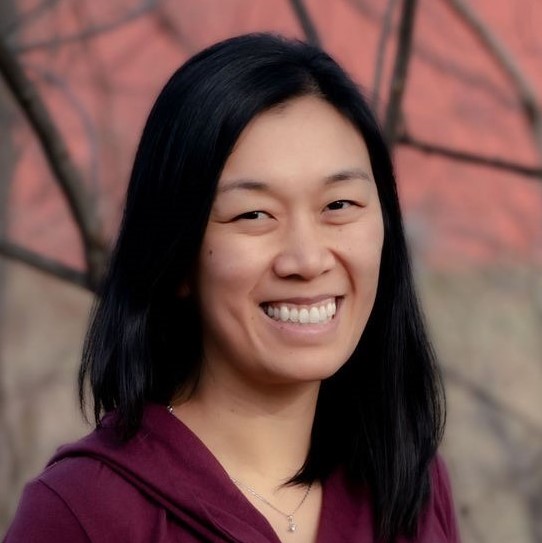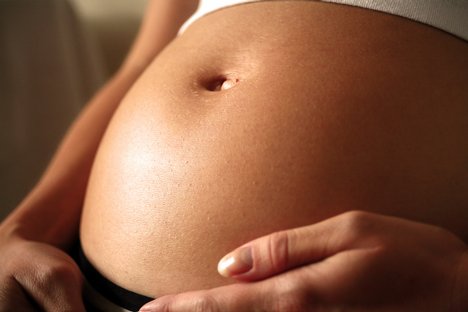I have always had a fear of being big. In grade school I was embarrassed at being taller for my age. Even now, around short, petite women I feel awkwardly oversized standing next to them. When I visited my relatives in China as a teenager, I remember my cousin and her friend commenting in the local dialect about me, “Gui da ka!” – What big feet! The comment was not attached to any value judgment, but the way they said it made me feel freakish, out of place, and ashamed because my feet (and stature in general) were bigger than most tiny Chinese girls’.
What is it about big-ness that has acquired such a negative connotation for me? With other things, big can be good – big shady trees to sit under, big juicy peaches to savor, big plush beds to stretch out in. But when it comes to my body, somehow I have learned that big is bad. Small is good. Small is cute, pretty, graceful, even virtuous. Big is…well…ungainly, awkward, too much, not good.
I think this has something to do with being a woman. With men and boys, it’s good to be big. They get admiring looks and comments about their broad shoulders, tall stature, and large muscles. Big-ness is positively linked to their manhood. But overly-tall women, large-boned women, or thick women usually aren’t admired. Instead they are seen as oddities or viewed with distaste. Other times, their size is admired distortedly. Women’s big bottoms and big breasts become sexual objects detached from the people themselves.
Lily Myers’ viral slam poem “Shrinking Women” gets to the heart of this difference. “Women in my family have been shrinking for decades,” she says, “making space for the entrance of men into their lives.” Comparing herself with her brother, she describes, “I have been taught accommodation, I have been taught to filter…you have been taught to grow out, I have been taught to grow in…you learned from our father how to emit, how to produce, how to roll each thought off your tongue with confidence…I learned to absorb, I took lessons from my mother in creating space around myself… deciding how many bites is too many, how much space she deserves to occupy…”
That’s it. Women are afraid of being too emotional, too loud, too crazy, too opinionated, too much. This translates into a physical aversion – a fear of taking up space, a fear of getting big. Small and thin, quiet and submissive, becomes our ideal, and women learn to hold themselves in, deny their appetites and their voices, and shrink.
Pregnancy has been freeing for me in this respect. While some women worry about their disappearing waistlines and expanding torsos, I have found it fun and exciting to watch my belly grow and track the numbers rising on the scale. Recently, I surpassed my husband in weight and told him gleefully, “Now who carries the most weight in this family?”
Part of my enjoyment of the physical changes I’m undergoing as a plump pregnant woman is due to the fact that it is probably the first time in my life I feel allowed to get big. Big is now good. Big belly means Baby is growing well. Big breasts mean my body’s getting ready to nourish my child. Big appetite means Baby is hungry for nutrients. So I’m more than willing to get big. I revel in getting big.
Ina May Gaskin, in her guide to childbirth, tells the story of a woman who was told by her midwife that she would get huge to have the baby. During her labor, this woman repeated “I’m gonna get huge, I’m gonna get huge” as a mantra to herself and resultingly pushed out a large baby with no trouble, tears, or unnecessary medical interventions. I love the fact that getting big in this story is a positive thing associated with empowerment, healthy womanhood, and the amazing God-given ability to bring life into the world.
Of course, I’ve had my share of worrying that I’ll keep my built-up pregnancy fat after the baby’s born, and that I’ll never get my old body back (I’m told I never will anyways, no matter how hard I try). After the birth, I’m sure I’ll be more cautious again about how much I eat and how much weight I gain or lose. But pregnancy has definitely helped me overcome my fear of getting big. I’ve learned to associate big women’s bodies with vitality and hospitality, not just with fear and shame. I hope this lesson is one I’ll carry with me as I continue to “fill-out” into the woman God has made me to be.

